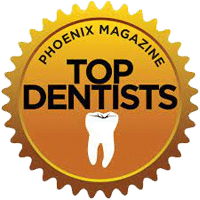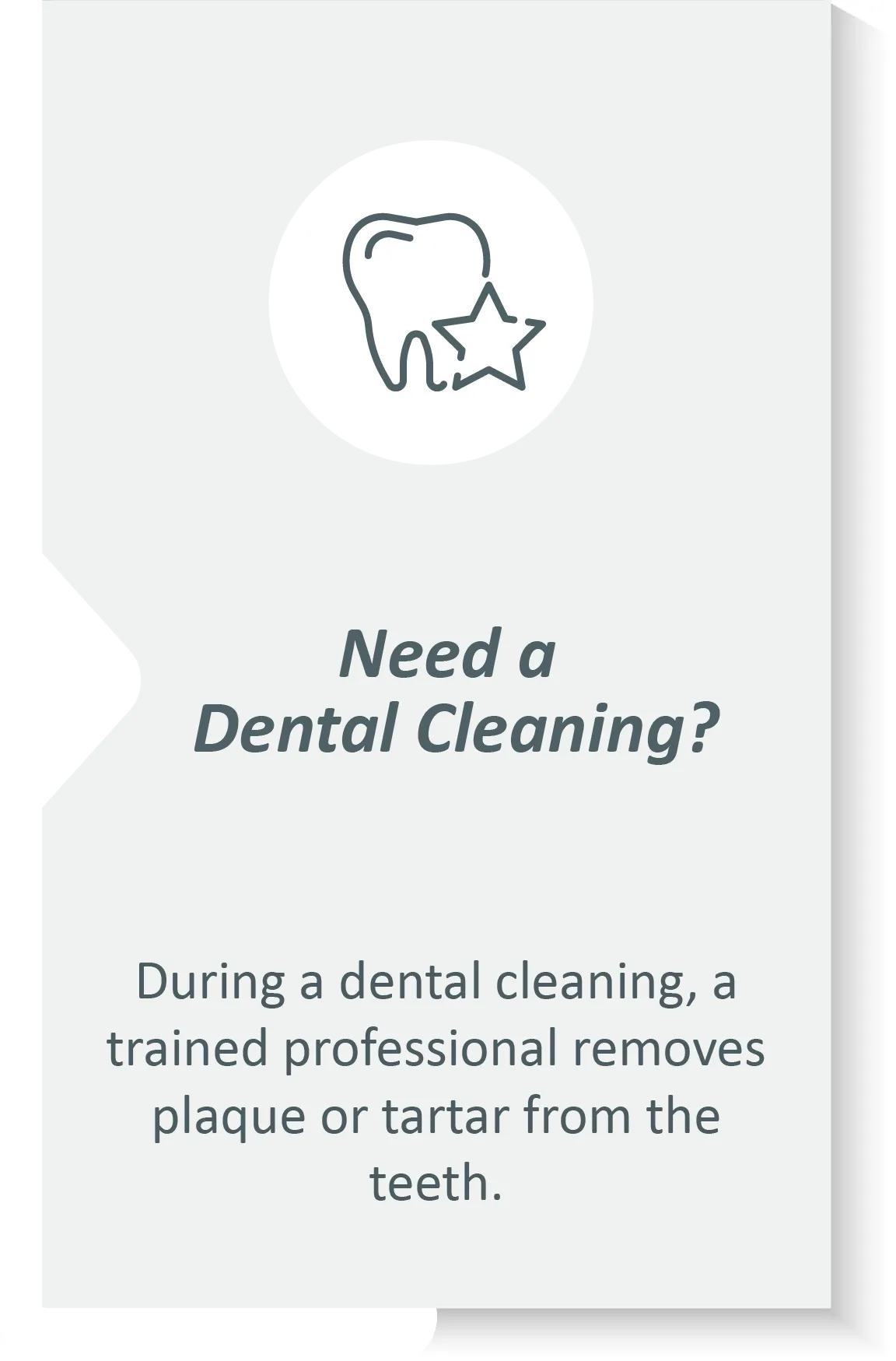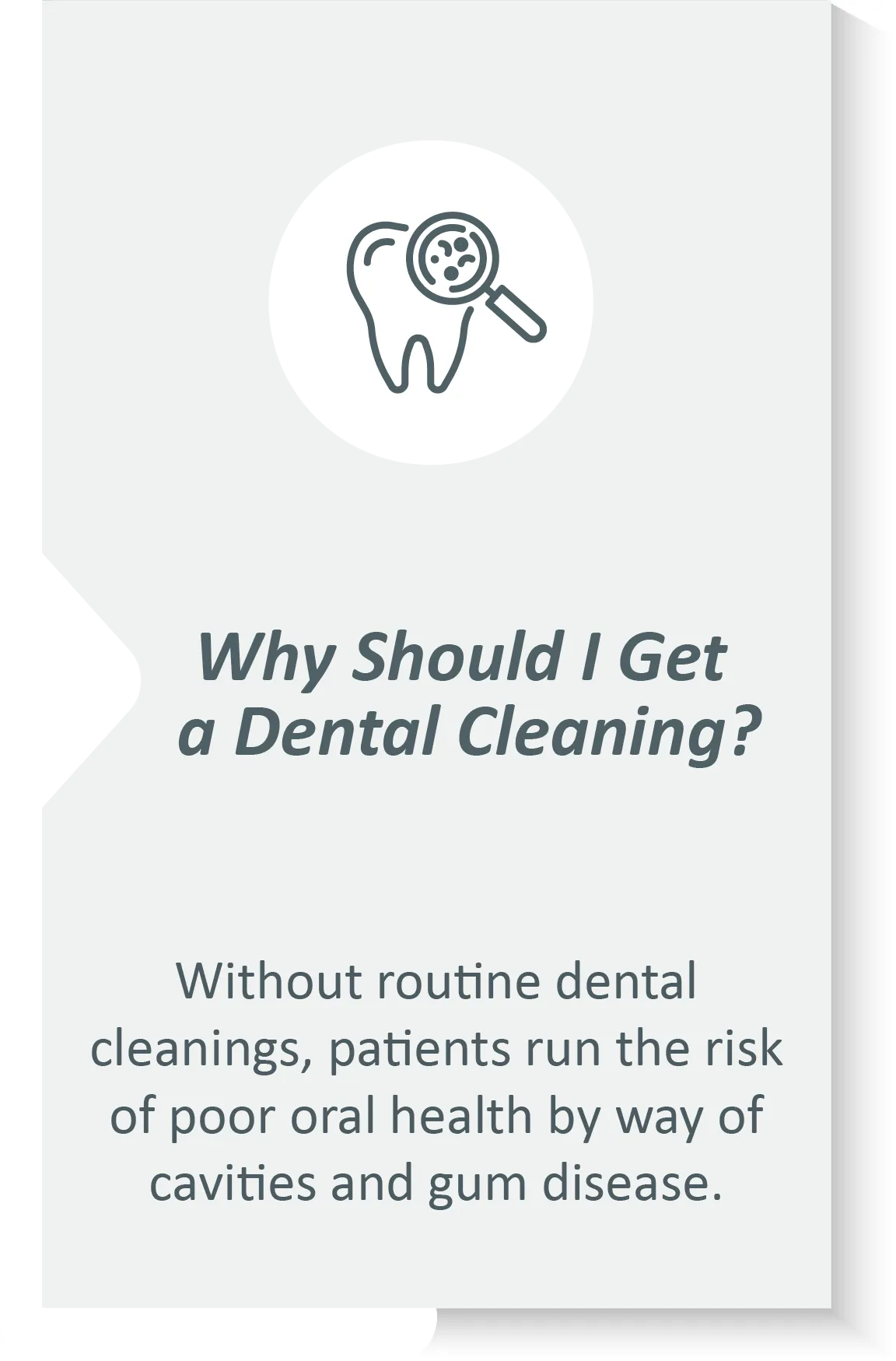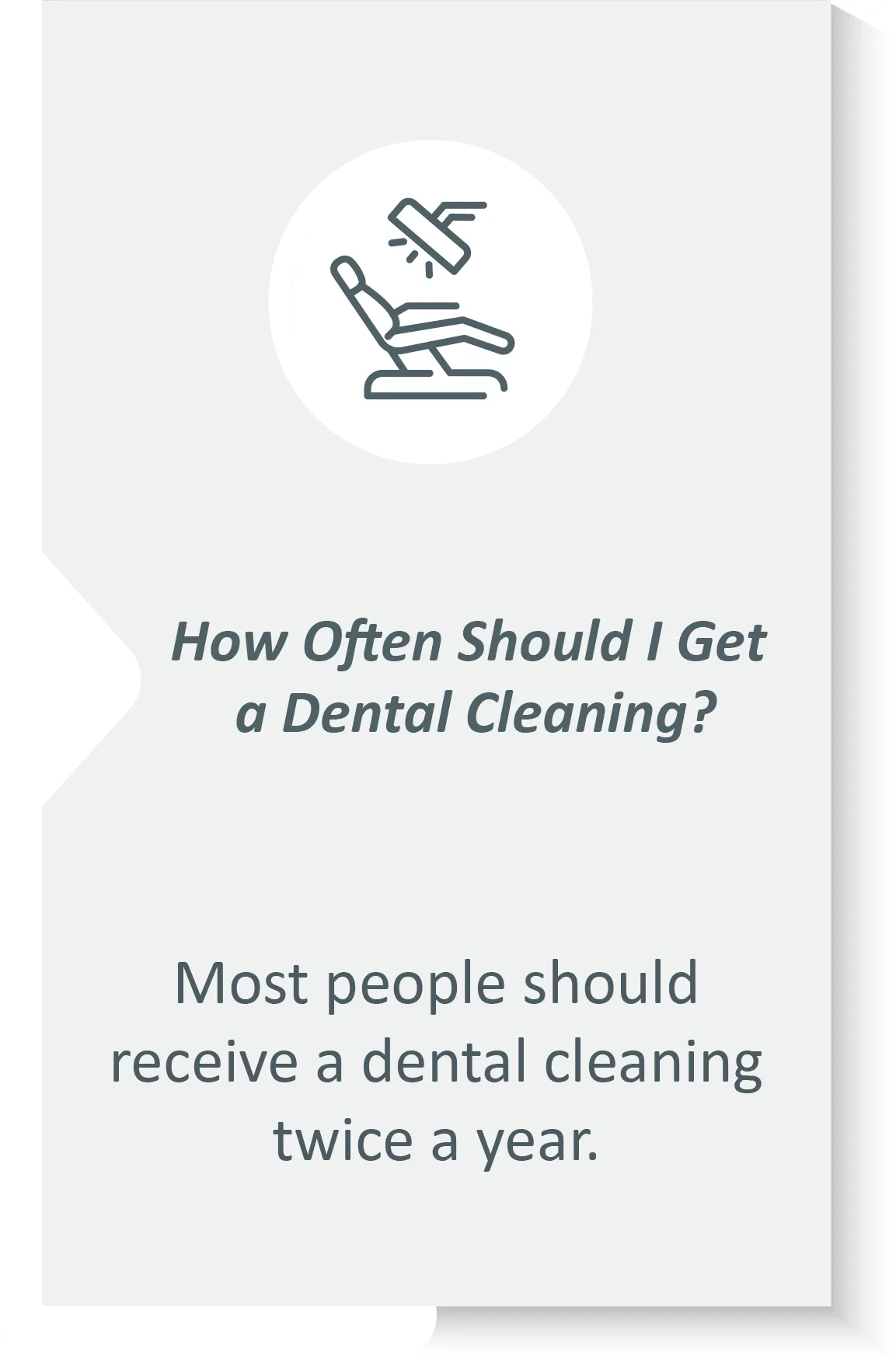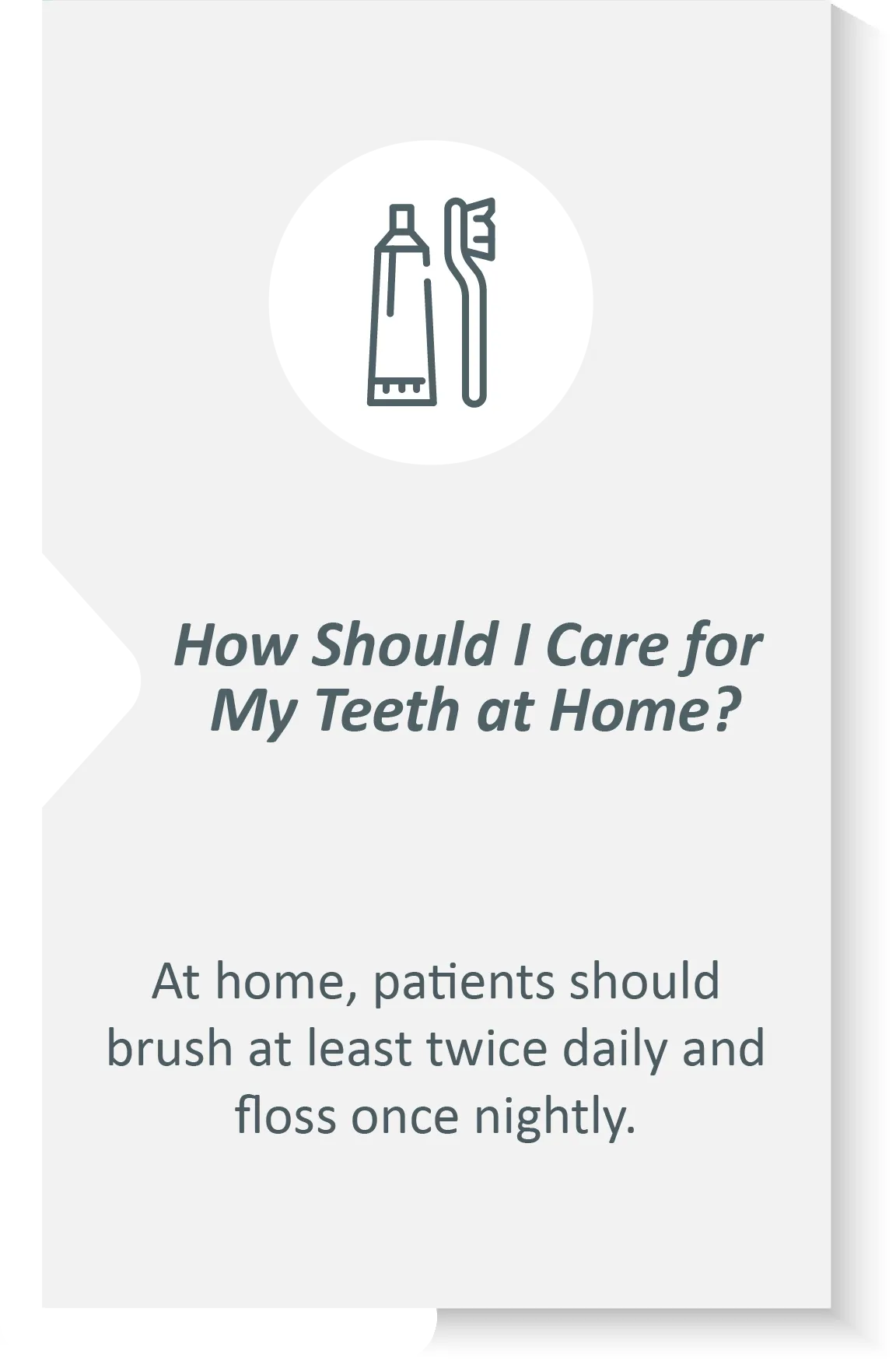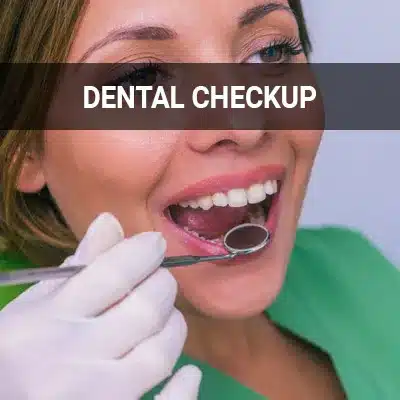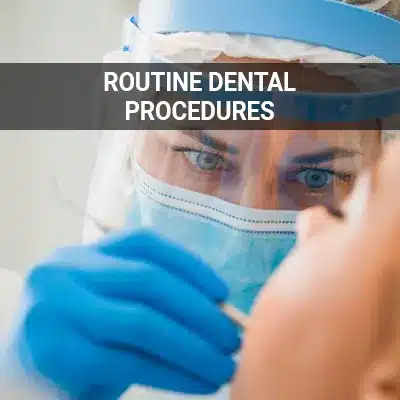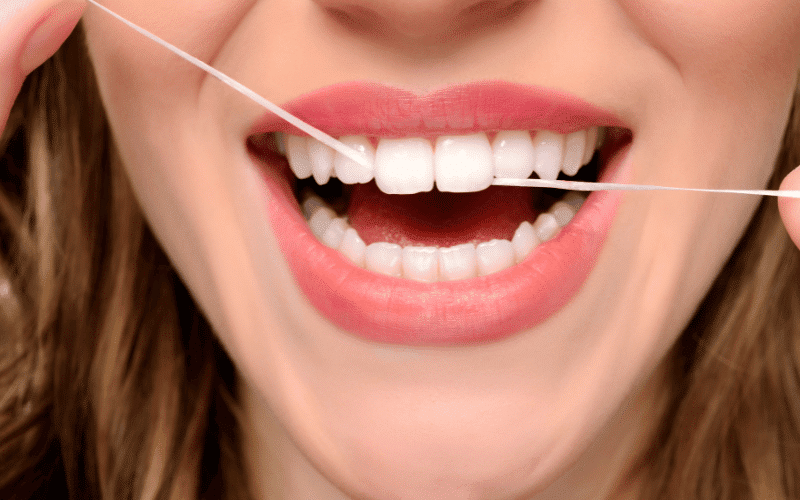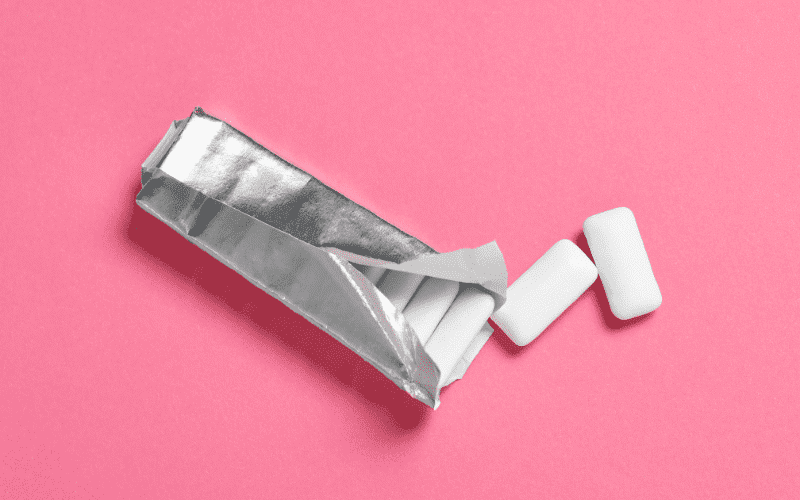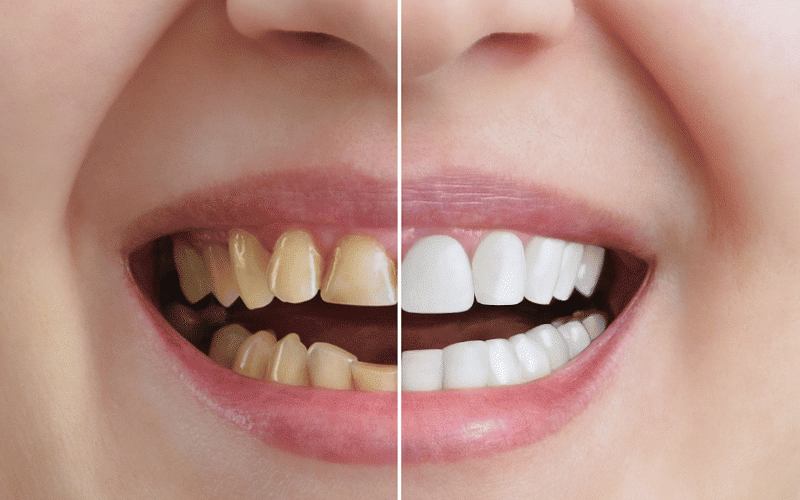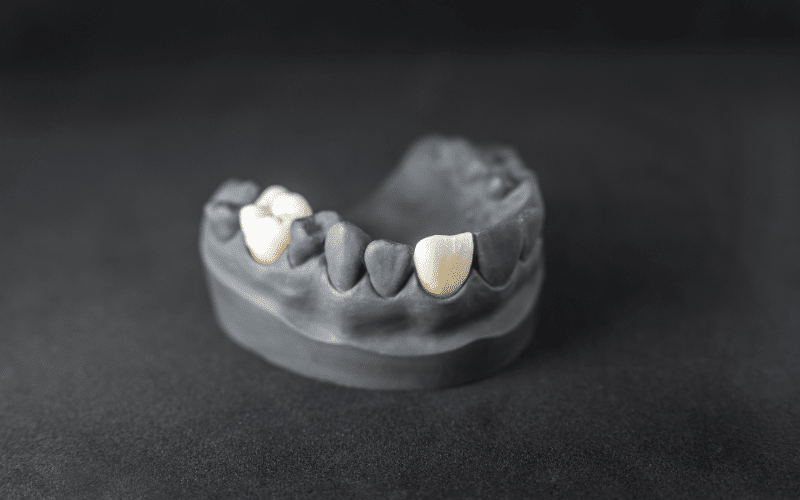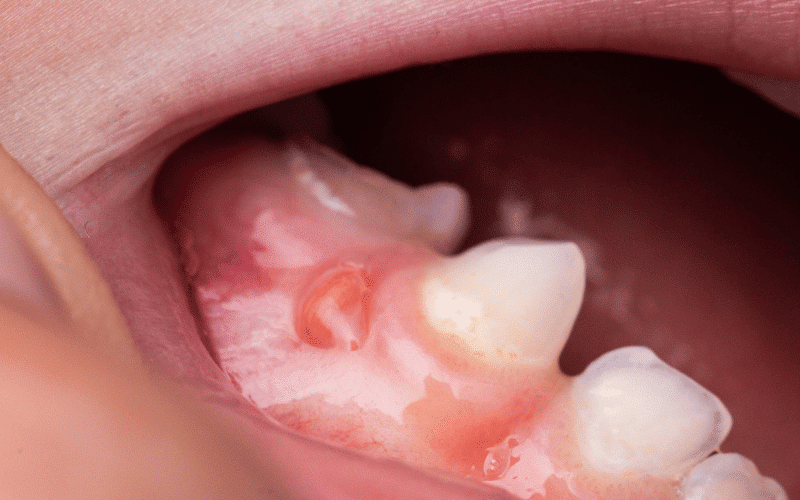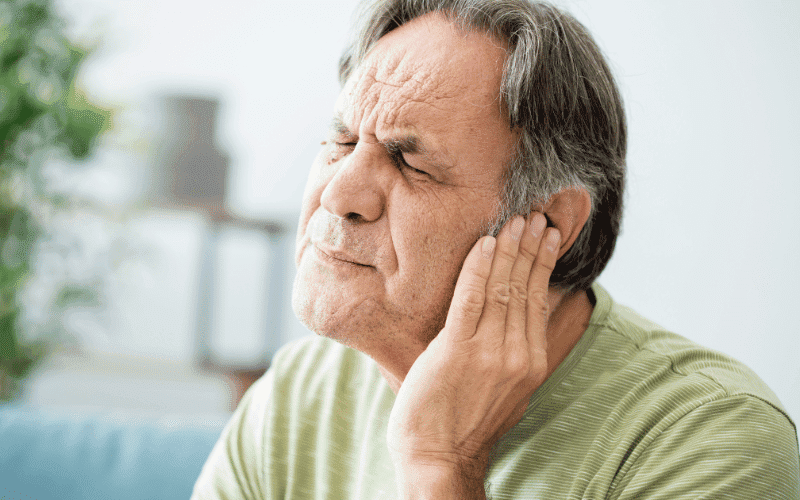
Dental Cleaning and Examinations, Glendale AZ
Dental cleaning is a crucial part of regular dental checkups and examinations. It keeps the smile healthy and free of disease. The dental cleaning process includes removing plaque, flossing, polishing, and examining the gums. Those who keep up with regular appointments and at-home oral hygiene routines should experience simple and efficient dental cleaning appointments.
A specialized dental professional is responsible for this part of a dental examination and will answer any questions someone might have, help address their oral health concerns, and provide guidance on how they can keep their smile in the best shape possible. To schedule your dental cleaning, contact our Singh Smile Care - Dentist Glendale, AZ team at (623) 400-6009 today.
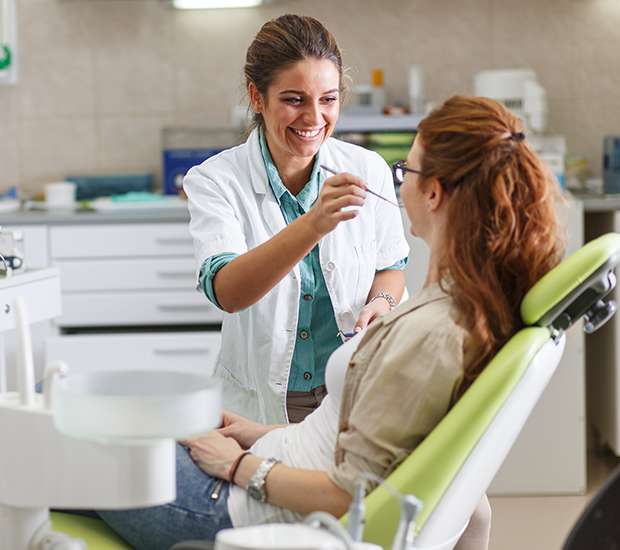
What to Expect During the Dental Cleaning Process
Physical Examination
Before the cleaning begins, the dental professional will look at the entire mouth with a small mirror. This mirror is angled so they can see around the mouth, gums, and teeth. During this examination, they will look for signs of oral health concerns, such as inflamed gums, which may indicate gingivitis — the first stage of gum disease. Unless any problems are detected, the dental professional takes care of the examination and cleaning without needing to consult anyone else.
Scaling
The dental professional will use a scaler to remove any plaque or tartar that has built up on the surface of the teeth since the last dental examination. This is important because buildup can lead to tooth decay and cavities. A scaler is a special tool that looks like a hook. The dental professional uses it to remove the plaque on the teeth and around the gumline. It is normal to hear scraping sounds during the scaling. With regular brushing and flossing, scaling should not take too long.
Cleaning
After the dental professional has removed the plaque, they will use gritty toothpaste and an electric brush to smooth and polish the teeth. The brush may be noisy, but the brushing itself is unlikely to cause discomfort. The toothpaste has a gritty substance to help eliminate any leftover plaque that the scaling might have missed, and the paste itself will polish the teeth to protect them from the buildup of bacteria between checkups.
Flossing
Flossing should be part of everyone’s regular at-home oral care routine. For people who do not floss regularly, discomfort may occur during this part of the dental cleaning. The dental professional will use a thin piece of floss and glide it between each tooth to remove any plaque that might be present. They will likely ask how often the patient flosses and offer suggestions for at-home care.
Unless there are any problems detected, the examination and cleaning are taken care of by the dental professional without needing to consult anyone else.
The Power of the Dentist’s Fluoride and Equipment
Mouthwash that contains fluoride is a useful addition to any oral hygiene routine.
Cleaning Sensitive Teeth
As long as they have followed the recommended at-home oral care guidelines, most people do not have issues with sensitive teeth.
The Difference Between a Dental Cleaning and Deep Cleaning
A dental cleaning is a regular, routine cleaning that should be scheduled every six months to keep the mouth healthy and clear of harmful plaque. A deep cleaning, however, may be necessary for those who have not had a normal dental cleaning in some time. Deep cleaning is recommended when there are bacteria or tartar in pockets between the teeth and gums. These bacteria could lead to gum disease and, if not addressed, tooth loss.
Deep cleaning is also called scaling and root planing. While scaling removes buildup from around the gums, root planning goes deeper. During root planing, the dental professional will remove buildup from the surface of the tooth roots. It may take multiple deep cleanings over time to be completely successful.
Deep cleaning is recommended when there are bacteria and tartar in pockets between the teeth and gums.
Questions Answered on This Page
Q. What happens during a dental cleaning?
Q. Why does the dentist use fluoride mouthwash in the cleaning?
